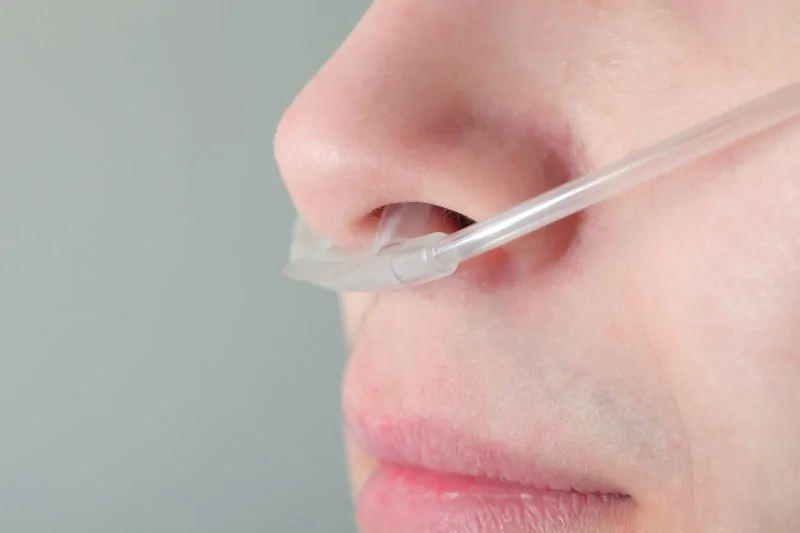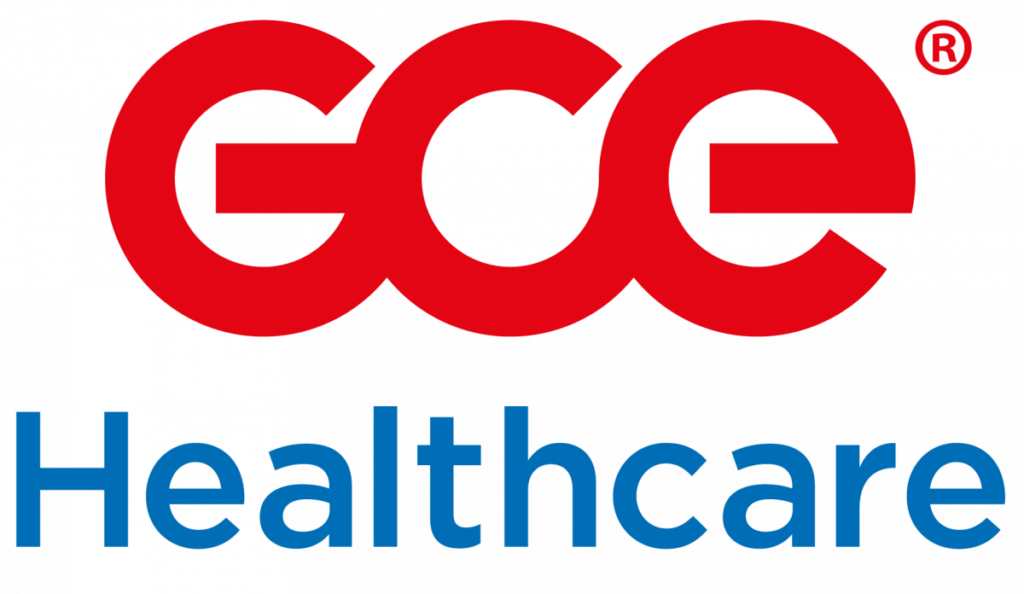Case Study Snapshot
- Company: GCE Healthcare (GCE Group)
- Profile: GCE Group is one of the world’s leading companies in the field of gas control equipment
- Size: 501-1,000 employees
- Project vertical: Mechanical | Industrial Engineering
- Challenge: Develop robust, secure, specialist Linux program for remote tracking of medical oxygenators
- Solution: Development of new software platform with increased security
- Services: Specialist Embedded Linux Development, Firmware Development
- Impact: client’s redesigned digital health device now has a long-term future; newly-developed GCE Healthcare Gateway will open up new markets and help increase market share
Client
GCE Healthcare specialises in portable oxygen concentrators. Typically seen in health and social care settings, these mobile health devices are primarily used in the home healthcare environment. End users are patients with breathing difficulties, typically Chronic Obstructive Pulmonary Disease (COPD).


Portable Oxygen Concentrators: How do they work?
Portable Oxygen concentrators capture Nitrogen from the air often through pressure swing adsorption to deliver high purity Oxygen (typically greater than 90%) to the user. They run off mains and battery power giving users autonomy of their Oxygen usage.
Challenge
The client’s first telecommunicator oxygen concentrator was only operating on the 2G band, which had limited coverage for the digital health product.
Remote Patient Monitoring
Normally, the device would communicate over the cellular network and up to a cloud system. This would report device status and various other factors, such as usage information. However, it had become difficult to ensure good, efficient management of the devices due to poor phone signal in some areas (such as hospitals). The continuing shut down of 2G towers was also a factor.
GCE Healthcare began developing a solution where data would be transmitted over Bluetooth. This would be connected to a hub system in hospitals and other environments with connectivity issues.
The device had to be:
- Easy to manufacture and effectively produce in volume with a slick manufacturing and programming process
- Able to meet all certification requirements
- Secure – as security is a top priority for a medical product in the IoT space
- Robust and thoroughly tested
They already had a hardware, off-the-shelf solution but no software resource to ensure guaranteed connectivity. This was essential for sending data back to the cloud.
GCE Healthcare needed a quick solution that would also give it a route into other market areas. These were not necessarily oxygen concentrator-based; for example, the e-gauge sector is important for a company in the gas management industry.
Digital Health Device Upgrade – Solution
ByteSnap was recommended to GCE Healthcare for its technical expertise in developing robust, embedded software.
The client’s hardware device had two processes running different sets of software: one in the true embedded environment, the other running a version of Linux.
The specialist requirements added complexity to the project, such as meeting needs for remotely updating management and services. Alongside integrating MQTT, TLS and Bluetooth services within the confines of the stripped-down custom Linux operating system present on the device.
Security was another significant necessity to allow the medical device to go through GCE’s own custom Bluetooth interface. ByteSnap’s embedded software engineers collaborated closely with GCE’s own software team to develop a more secure link to the cloud.
During the development, there were consistent channels of communication, with weekly update calls from ByteSnap’s technical leads to the client’s development engineers. This maintained a very clear line on project status and expectations, thus avoiding the dreaded “specification creep”.
Benefits
After being thoroughly tested by ByteSnap, GCE Healthcare now has a device – the GCE Healthcare Gateway. Previously headed for obsolescence, it is now improved, more secure and with better connectivity. It has passed all necessary certifications and is straightforward to take to manufacture.
Working with ByteSnap on the GCE Healthcare Gateway has resulted in several benefits for them, including:
- New GCE Healthcare Gateway device will enable ongoing sales of what had threatened to become a legacy product
- Product sales enablement due to solving cellular coverage issues
- Enhanced device security will allow client to increase sales and grow market share
- Clear, regular communication between ByteSnap and the client, avoiding “specification creep” and handling development queries efficiently
- Support from ByteSnap’s specialist Linux programmers for the more complex aspects of the development
Further reading

